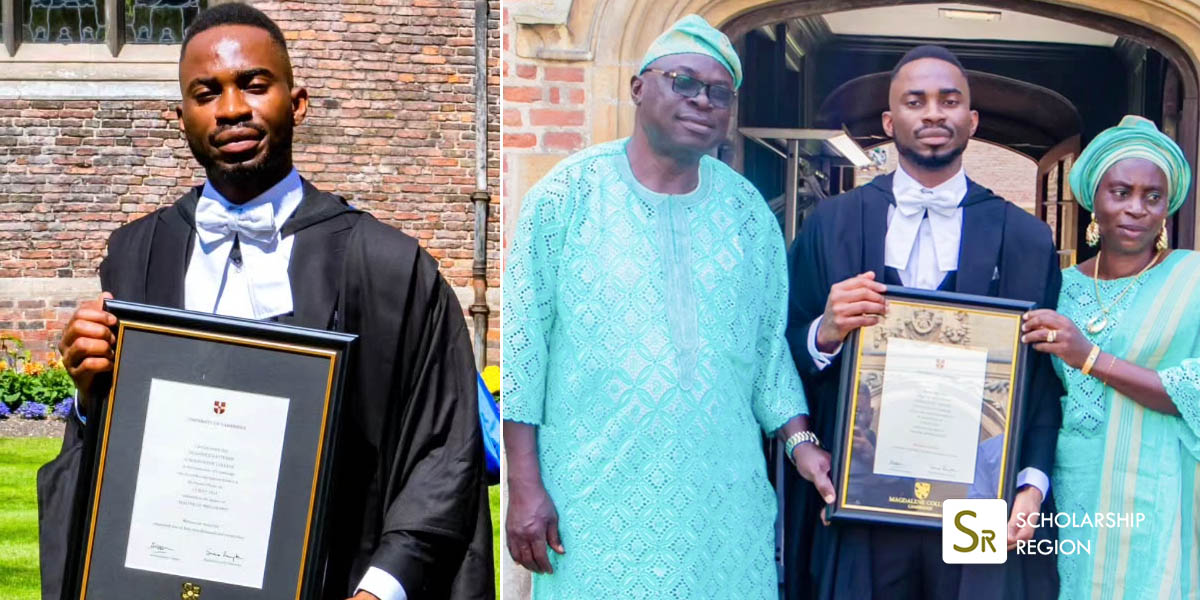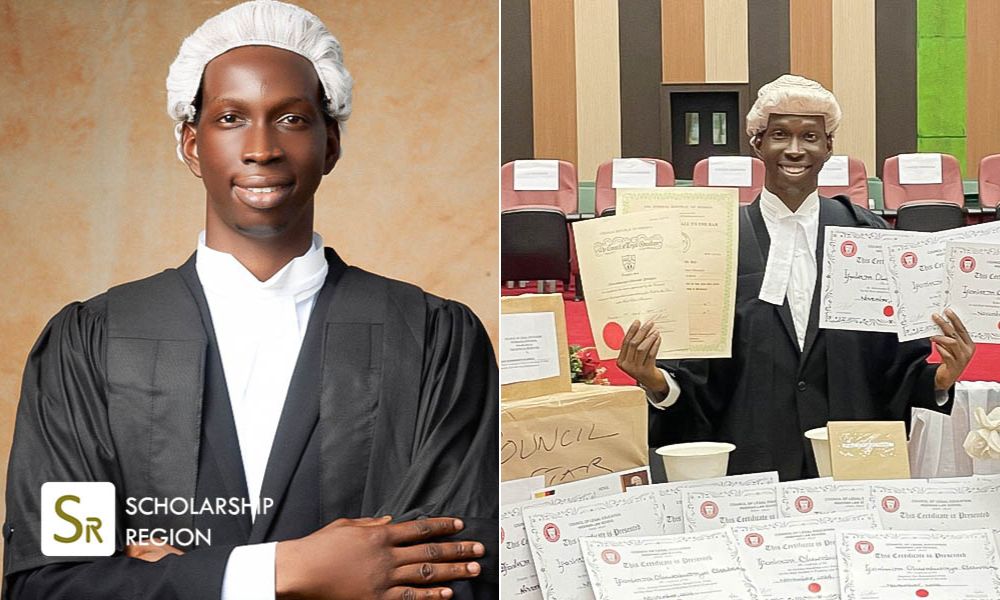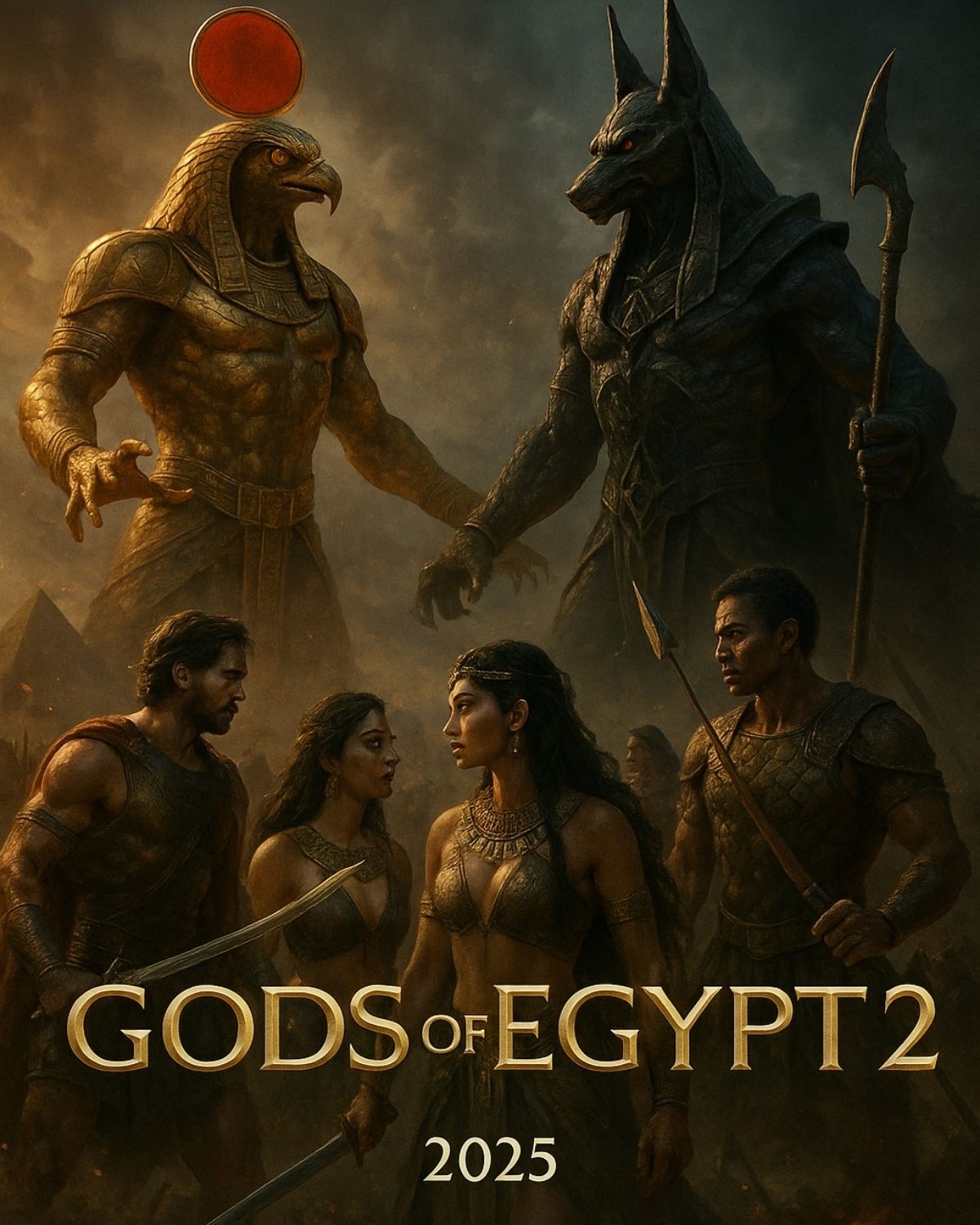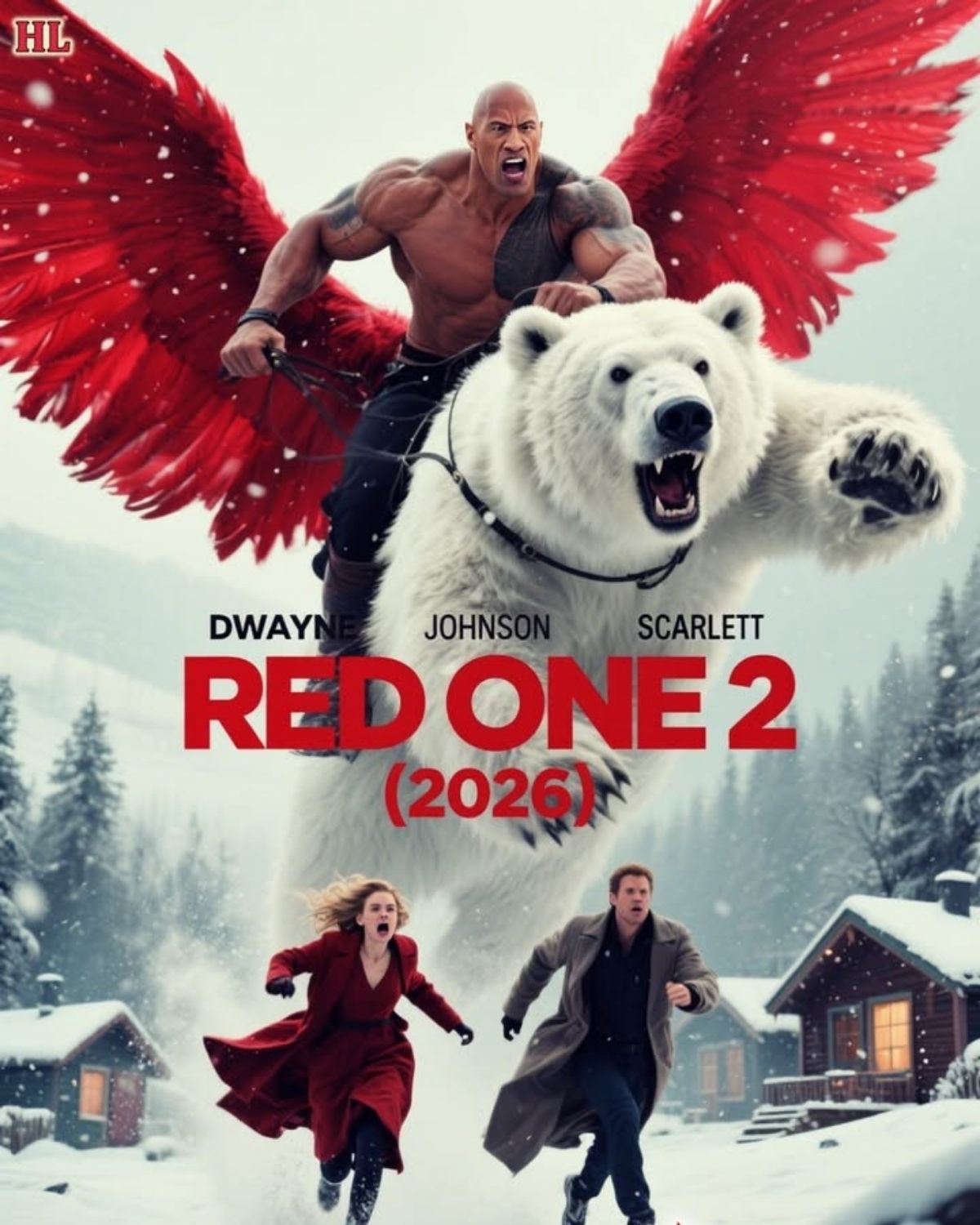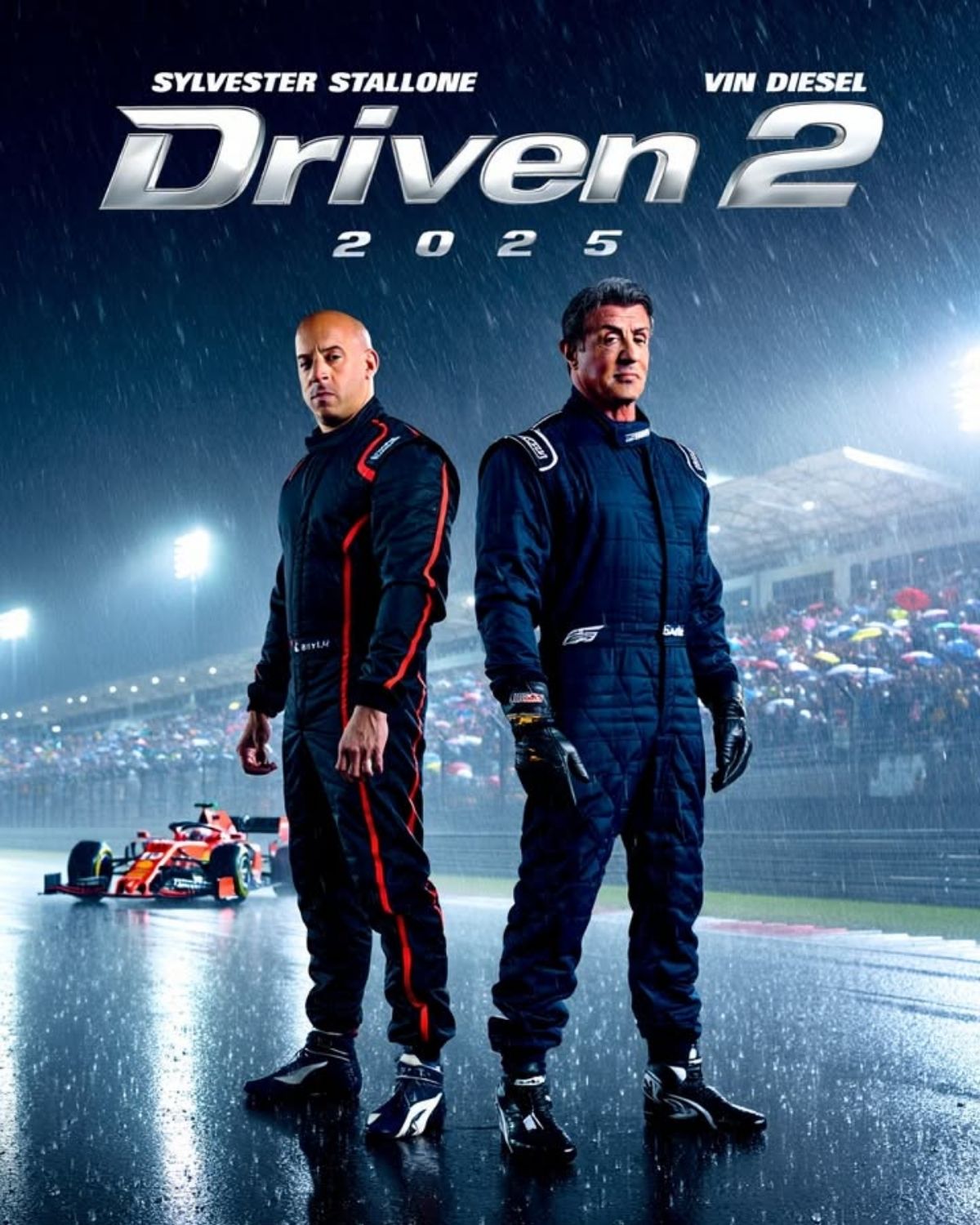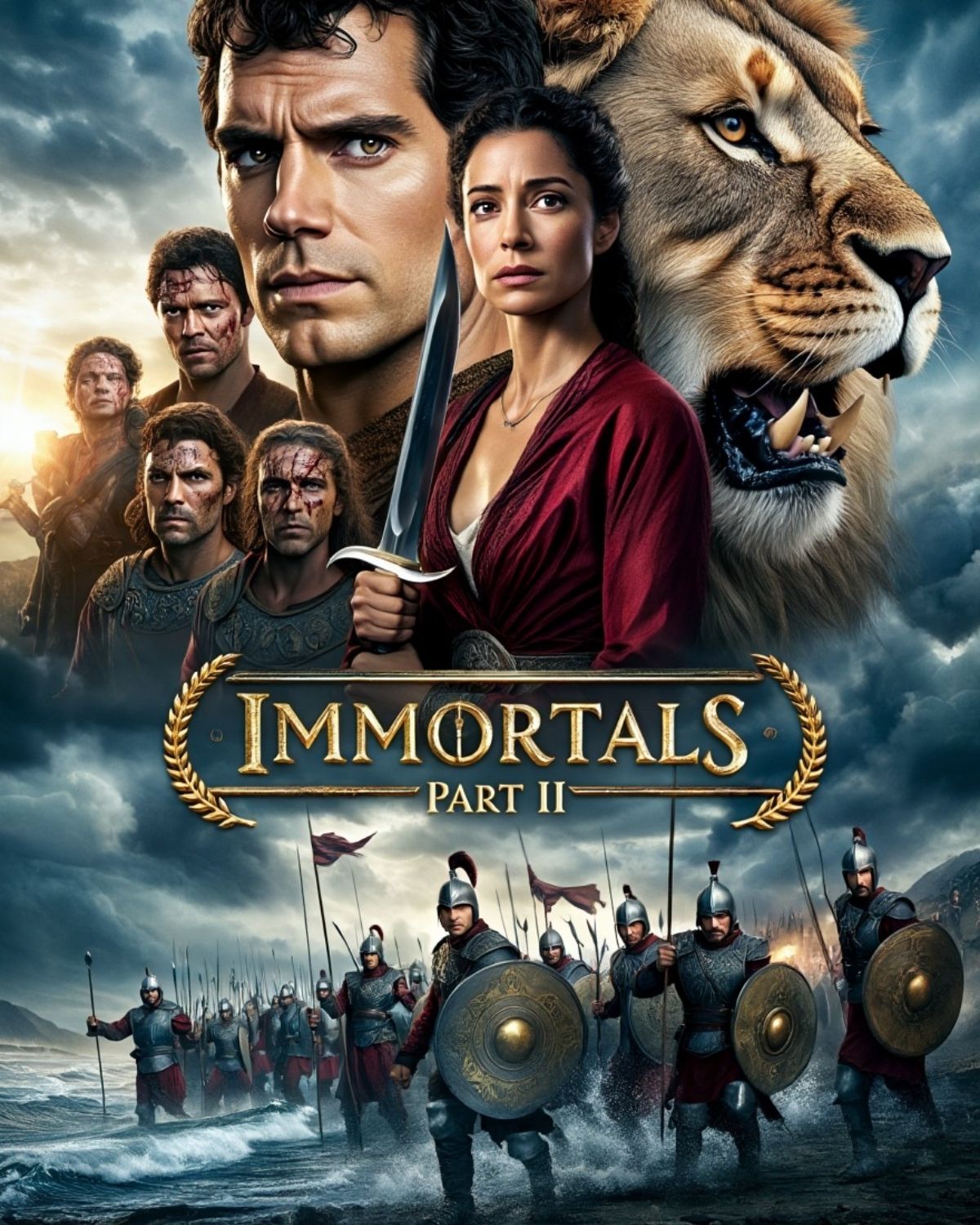In a league brimming with elite talent and oversized personalities, one voice always rose above the noise, sometimes literally. Gary Payton didn’t just guard players; he got inside their heads by hijacking their rhythm with a voice sharper than his defensive instincts that could disorient the opponent’s concentration. Known as “The Glove” for how he latched onto opponents on defense, Payton’s trash talk served as the music for a time when every possession seemed personal.

But in a recent interview with The Jim On Base Show, the Hall of Famer made it clear: the psychological edge he carried through the ’90s and early 2000s isn’t something the modern game or even some star-studded teams can easily replicate. Payton didn’t take any names, but the undertone was impossible to miss. Speaking about the evolution of trash talk, Payton traced it back to the Showtime Lakers with Magic, Worthy, Rambis, and Kareem, saying they “would talk trash… and back it up, and fight.” But then came the distinction. “Mine was a little bit more deeper,” he added. implying that even the highly regarded teams of today, even including the 2004 Lakers team he briefly played for, never really mastered the mental warfare he was naturally adept at.
That’s where the shade came in. “They just said it, but I kept on you… I kept in your head, in your face,” Payton remarked. It was a clear blow at teams who tried to purchase chemistry through talent rather than generate it by fire, not just an old-school vs. new-school view. Headlined by Shaquille O’ Neal, Kobe Bryant, Karl Malone, and Payton himself, the 2004 Lakers superteam fell short amid sky-high expectations and behind-the-scenes conflict. Even though Payton won a championship with Miami in 2006, his words now feel like a slight but painful look at why that Lakers team never clicked: too much talk and not enough edge. “You know, I would go at a lot of people more and be right in their face. Them guys would talk and then play the game and do the same, but I would play the game too.”.
The edge Payton talks about was cerebral rather than merely verbal. Having the game to match, his trash talk had teeth. Nine All-Defensive First Team honors, a Defensive Player of the Year award, and a career built on mentally undoing elite scorers. And Payton kept it raw even if today’s NBA stars trade attacks on social media. He did not want to just win the game; he wanted to own your brain for four quarters, not only win the game. “But it was just a lot of, it was a different era in Trash Talking. My trash-talking was probably a little bit more intense. I think theirs would work, not get in your face. I’m gonna prove to you this and that. But I wanted to get in people’s heads a little bit more than what they did,” he added.
How Gary Payton’s Verbal Warfare Shaped an Era of Respect and Rivalry
Even among legends, Payton’s trash talk stood out not just for its sting but for the mutual respect it eventually earned. Michael Jordan, never one to yield ground, famously brushed off Payton’s mind games in The Last Dance, laughing but never denying the defensive impact. Kobe Bryant, another verbal warrior, embraced the challenge, reportedly grinning when Payton chirped into his ears, “You ain’t MJ, stop chucking!”

Payton’s trash talk even caused ripples in the code. From triggering a technical in 1999 to nearly scrapping with Charles Barkley after calling him reportedly too fat to guard me, his mouth was as strong as his defense, as he wanted and always tried to mentally affect his opponents. Still, there was a code; he didn’t talk just to discredit; he talked to compete. Shaq O’Neal, who once clashed with Payton during their Lakers tenure, later called him “the best trash-talker besides me,” highlighting the difference between empty noise and competitive edge.
Today, in the modern era where the NBA is often seen penalizing taunts and embracing sportsmanship, Gary Payton’s voice still echoes in a way like no other. Not because it was the loudest, but because it had a purpose and hunger to win, and in his words, it got “deeper” than most ever dared to go when all that mattered was winning.
